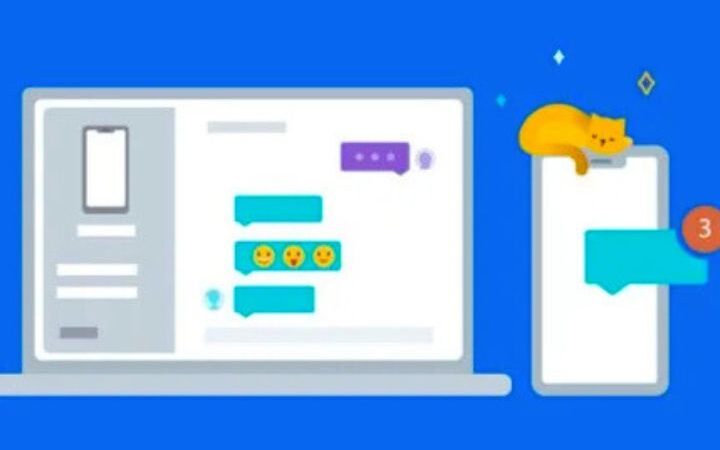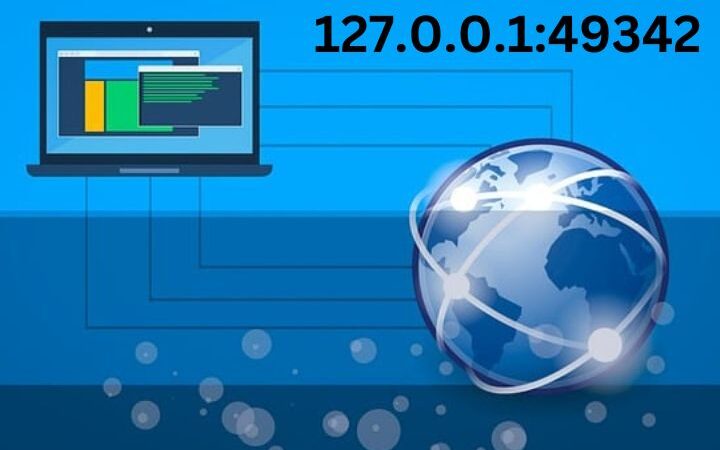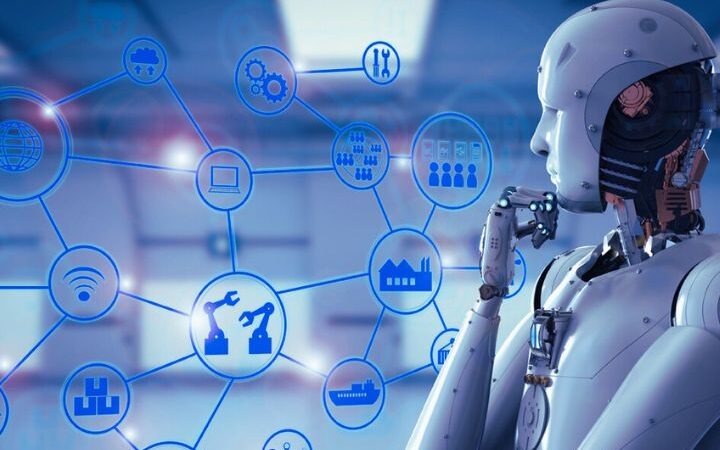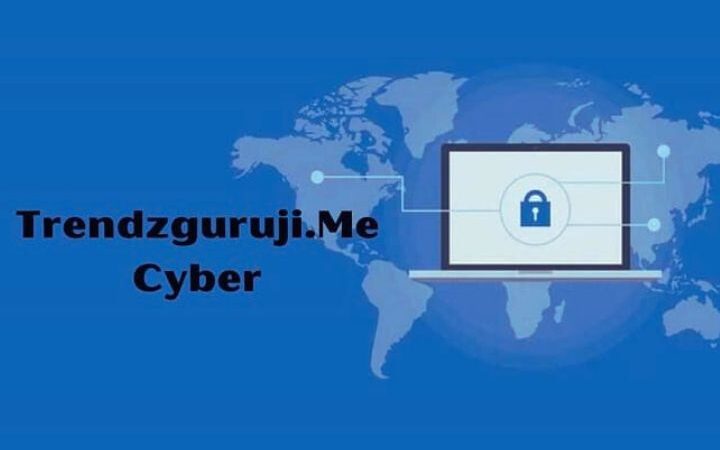When Will The Era Of Computer Viruses End?
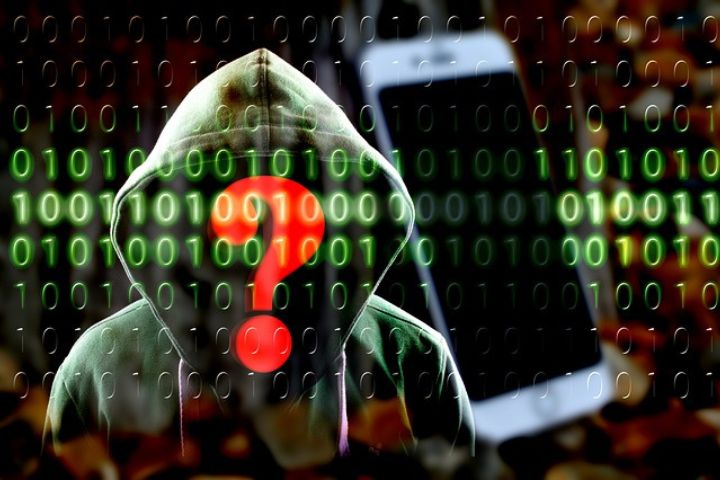
Computer Viruses : Advances in the field of computer science will certainly not stop in the coming years. Like any other science, computer science constantly needs to evolve, to improve in order to be usable on a daily basis.
It is this constant evolution that allows us to have services such as streaming, online shops, high-performance software in several areas, etc. In other words, the more we live, the more we will need computing, and, as a result, the more computing will continue its perpetual evolution towards what would seem to be a world where we will coexist with AI (artificial intelligence). Let’s just hope that the Terminator scenario doesn’t unfold…
As with any organization in a world, threats will do the same in order to always remain competitive. This also applies to computers, with viruses that emerge quite regularly in order to be always present and infected computers, smartphones, tablets, etc.
But viruses are not like they used to be. In the past, viruses were intended to infect as many systems as possible and render them inoperable by using multiple attack modes.
Nowadays, the goal is to steal confidential information like full names and dates of birth, photos, government documents, banking information, etc. This data will be used by hackers or anyone else paying hackers to have this data in order to impersonate people or to make online purchases.
This is not to mention the ransomware that enters your system, encrypts it entirely and demands a ransom in order to regain control of your computer or smartphone. This is a very fashionable method of piracy in recent years, and has even affected government agencies in some countries.
With this little information on the current situation of computer viruses in the world, it is little to say that they will disappear one day. It’s simple: as long as computers exist, viruses will exist. It’s like living organisms, they can’t live without viruses or bacteria.
The question is how best to protect against attacks from viruses, spyware, ransomware and other threats lurking on the Internet? Well, you’re in luck! This is exactly the subject of this article. We will see how to effectively protect a computer, smartphone, online account, etc. from the digital threats of the 21st century.
- Use an antivirus. In the field of computing, an antivirus is the first and main line of defense. It is it that blocks attacks from the outside by monitoring the network and devices, and those from inside by scanning all programs and files on the storage media of the machine. Having an antivirus is paramount these days,as this kind of solution protects your data from different threats, but also allows you to use your computer for work, leisure, or both at the same time. Also, avoid using antiviruses that are free because they are not really effective. As much to leave Windows Defender as a protection system as to use this kind of antivirus.
- Avoid clicking on suspicious links. It’s known by everyone, but only 1/3 of the world’s population actually applies this advice. If you receive an email from someone you don’t know, inviting you to click on a link in order to download a revolutionary app, claim your winnings in a draw, or stalk your ex’s photos, avoid clicking on it. The chances of it being spyware or any other malicious program are close to 100%, and this program will install itself discreetly on your computer to typically do spying, such as saving what you type in forms, the sites you visit, your email contact list, etc. What comes after is not really nice, because you can have your online banking data hacked and end up with less money in your account, or your contacts will receive an email containing all the ‘weird’ sites you visit if you don’t pay a ransom in cryptocurrency usually.
- Use a password manager. The password manager is an application or plug-in that generates complicated passwords for all your online accounts, and saves them encrypted using state-of-the-art encryption. It’s very interesting to have this kind of tool, especially if you have a lot of online accounts on different platforms. This will prevent you from having the same password for everything, which is more than not recommended, but also passwords that are difficult to crack.
- Use two-factor authentication. This is a method that increases the security of your online accounts by asking you each time you connect to enter a unique 6-digit code that you receive by SMS or via a specialized application. It’s also a great way to find out if one of your accounts has been hacked if you receive a code via text message when you’re not trying to log into the account.
- Let apps and programs update. Updates have become essential with advances in computing. When an application is updating, especially the antivirus and the operating system , you must let it complete this process. These updates will bring you more stability but also better protection (operating system) and data to track down the latest computer threats (antivirus).
Here, with these few tips, you are ready to face all the computer threats that proliferate on the Internet. You have to be vigilant all the time when surfing the net, and doubly vigilant when you are given a USB key to put on your computer. Scan any media you plug into your computer, even if it’s your media and no one else has recently used it.
Also Read : Power Banks

